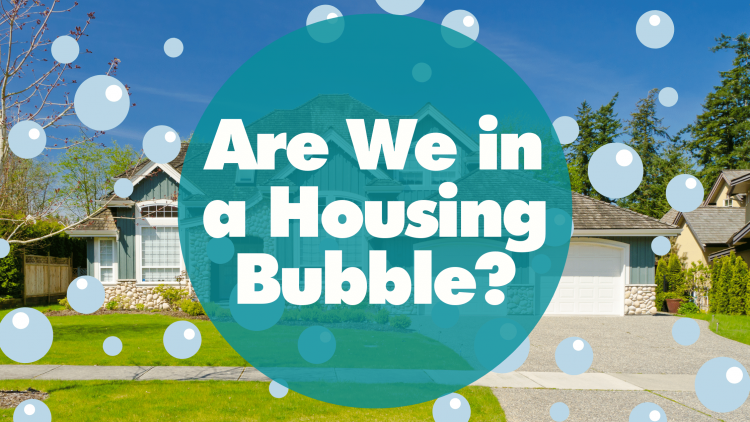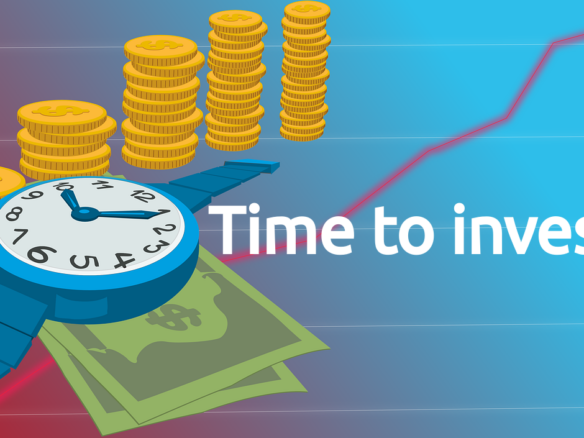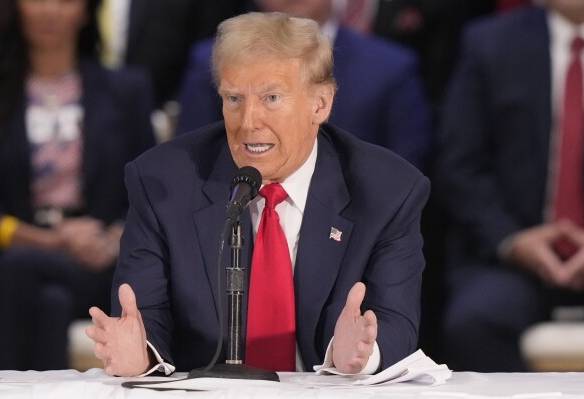By Harrison Jones
It’s been over 10 years since the housing bubble burst and caused the Great Recession. Although we may not be in another housing bubble just yet, it’s essential to know how to spot one if it does happen. This article will discuss what a housing bubble is, how to tell if we’re in one, and what could happen if it bursts. So, whether you’re a homeowner or just someone interested in economics, read on to learn more about one of our economy’s most critical aspects.
What Is a Real Estate or Housing Bubble?
A housing bubble is “a run-up in home prices fueled by demand, speculation, and credit.” In other words, it’s when people are buying homes not because they want or need to live in them but because they think the price will continue to go up. This presumption creates an artificial and unsustainable demand for housing, and eventually, the bubble will burst.
When purchasing a home, you need to watch out for signs of a housing bubble. However, if you plan on living in the house for many years to come, a housing bubble shouldn’t worry you too much, especially if you can afford the payments.
If you can’t make the payments and you need money right away, you can turn to loans. One option is getting a short-term loan for emergencies. With online lending service platforms like MoneyAsap, borrowers are connected to numerous lenders that can lend anywhere from $100 to $5,000 and get the cash in as early as 24 hours.
What Are the Signs That We’re in a Housing Bubble?
There are some telltale signs that we’re in a housing bubble. Here are some:
Home prices are increasing faster than income.
Look at home prices relative to incomes. If home prices increase much faster than incomes, that’s a sign that people are buying homes they can’t afford and that the market is getting ahead of itself.
There are more homes built in an area than people moving into it.
The second way to tell if we’re in a housing bubble is to look at the home construction rate relative to population growth. Suppose the number of newly constructed homes is higher than the number of people moving into an area. In that case, there’s an oversupply of housing, and prices will eventually drop to correct this imbalance.
There is an influx of risky mortgages in the market.
Another sign is an influx of risky mortgages into the market. These are loans that have low down payments or are interest-only. These loans are “risky” because they’re more likely to default if the borrower can’t make payments. When there are a lot of these risky loans in the market, it’s a sign that lenders are becoming desperate and are willing to take on more risk.
More loans require mortgage insurance.
The fourth sign that we’re in a housing bubble is when most loans start to require mortgage insurance to protect the lender if the borrower can’t make payments. It’s usually required when the down payment is less than 20%. If most loans require mortgage insurance, it’s a sign that lenders are getting worried about defaults.
Interest rates are increasing.
The last telltale sign to watch out for is when interest rates increase. This happens because lenders are worried about defaults and want to make sure they’re getting paid back. As interest rates rise, it becomes more expensive to borrow money, which can strain the market.
What Happens When a Housing Bubble Bursts?
A housing market crash can have severe consequences for the economy. For one, people who are overextended on their mortgages may be unable to make their payments, leading to foreclosures. As a result, banks could start tightening up lending standards, making it harder for people to get mortgages and further stalling the housing market.
Additionally, decreased home prices can also reduce consumer spending, as people will have less equity in their homes to tap into.
Finally, a housing market crash can also lead to increased unemployment, as construction workers and real estate agents are typically the first ones to lose their jobs.
So, there you have it—everything you need to know about housing bubbles. Keep an eye out for the signs, and be wary if you notice some of them popping up in the housing market.
Author’s Bio:
Harrison has been a freelance financial reporter for the past 6 years. He knows the major trends in the financial world. Jones’ experience and useful tips help people manage their budgets wisely.




